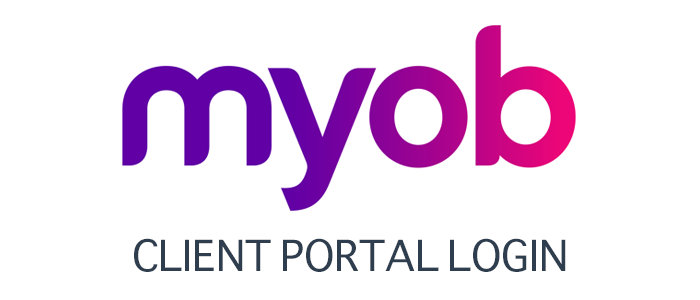Do you need an Employment Agreement?
All employment relationships are subject to an agreement, whether they are written, verbal or a combination.

It’s not compulsory to have a written agreement and all employees (other than casuals) are protected by the National Employment Standards (NES) whether they’ve signed a contract or not. There are benefits having a written contract, with the key advantages being certainty of rights, obligations and employment status, as well as the inclusion of terms that aren’t covered in the legislation or applicable industrial instrument.
Employers can’t contract out of the NES or to make employees worse off than their minimum legal entitlements. They can customise the agreement to suit the business and to include important features, rights and obligations that are not covered in the legislation or implied from the common law.
Examples include:-
- Restraint of Trade to protect your business goodwill from competition from former employees.
- Incentive Scheme in addition to base remuneration.
- Behaviour expectations and termination conditions.
- Probationary Period for new employees
- Use of Company Equipment (e.g. car, phone or lap top) and the conditions attaching to such use and Fringe Benefits Tax arrangements.
- Confidentiality of sensitive information.
These provisions will not be implied unless they are clearly written into the contract.
AcctWeb




